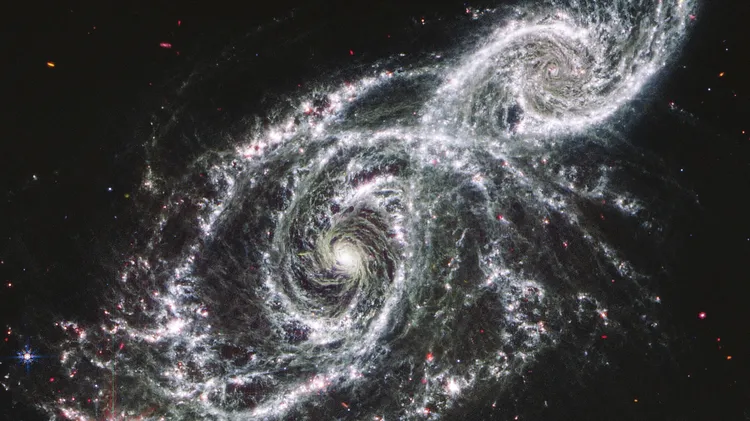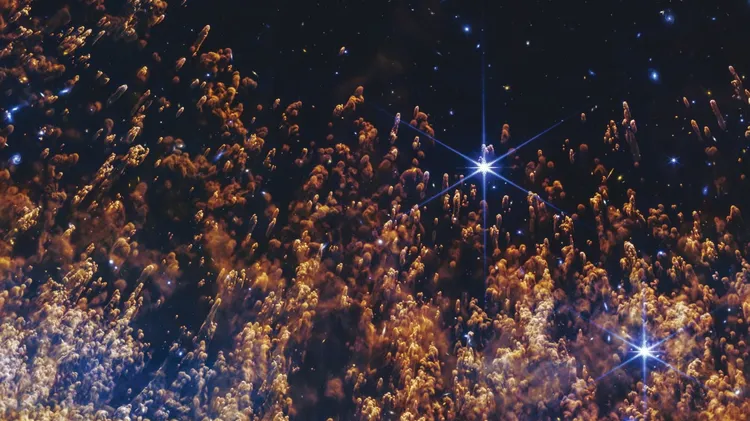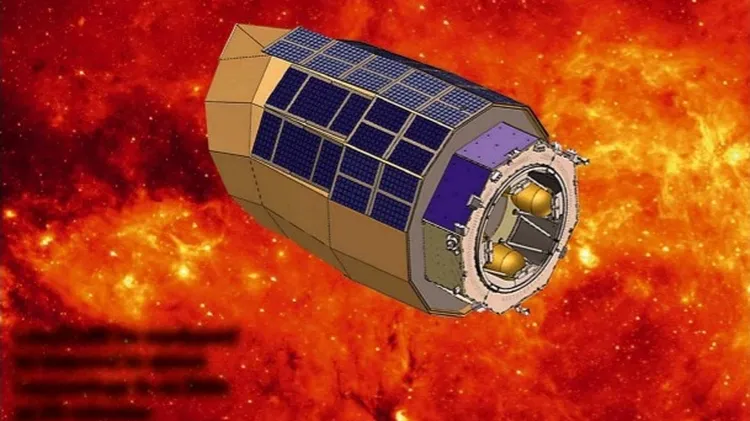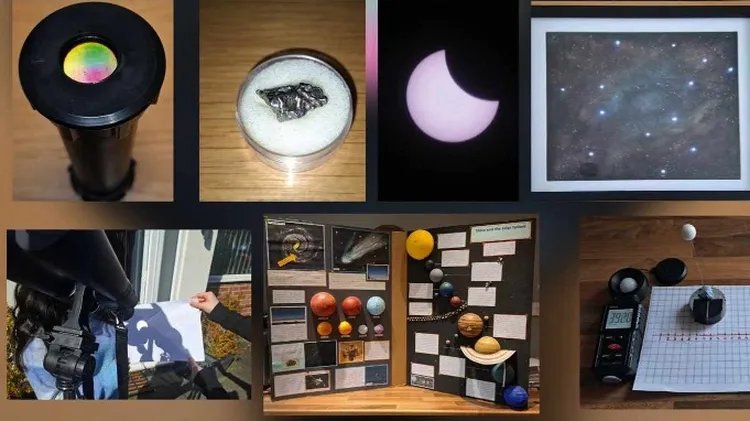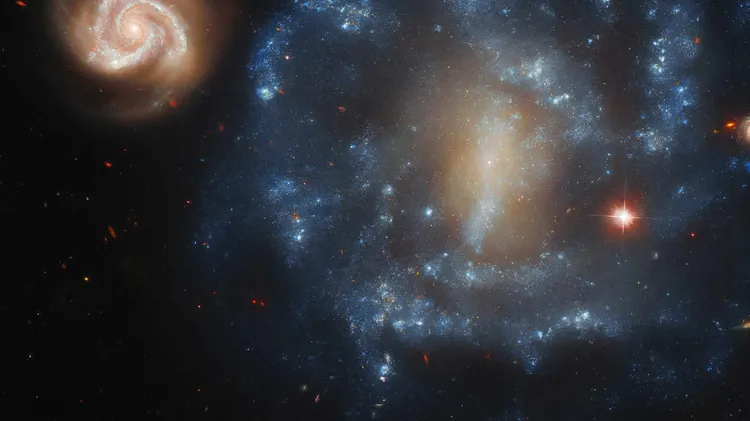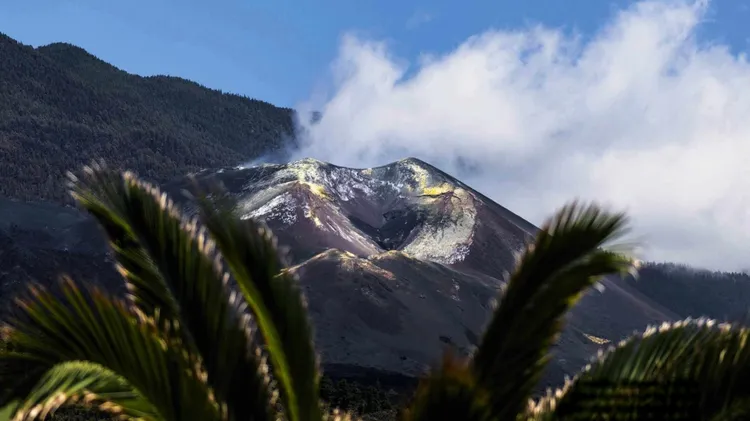➥ Pete Lawrence Astronomer and presenter of BBC Sky at Night
The james webb space telescope
1 min read
This article is from...
Read this article and 8000+ more magazines and newspapers on Readly

